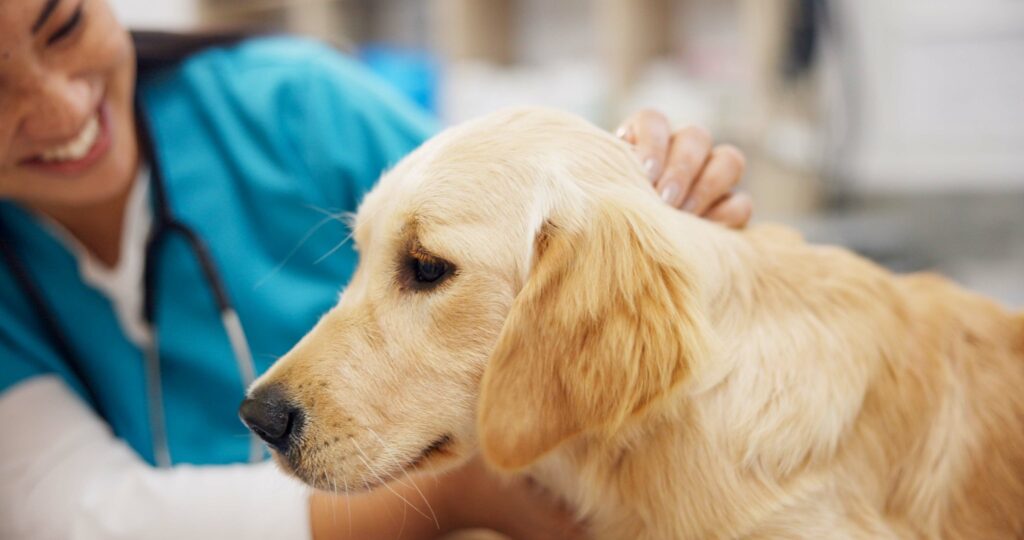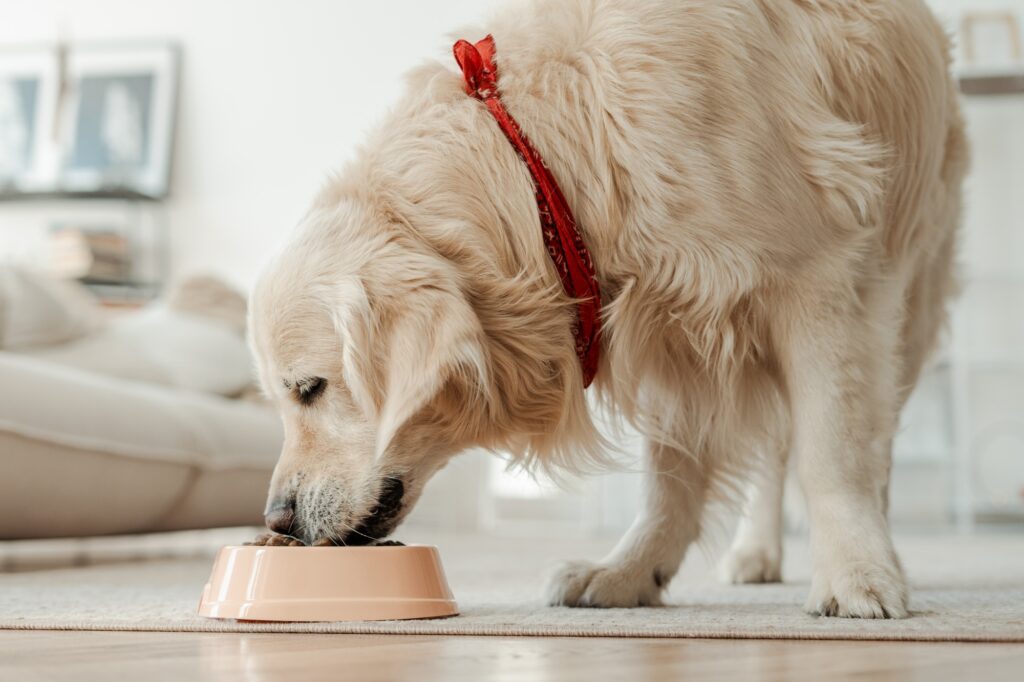Making the decision to spay or neuter your dog is one of the most responsible choices you can make as a pet owner. While some people might hesitate about the procedure, the benefits far outweigh any concerns. From preventing unwanted litters to improving your pet’s health and behavior, spaying or neutering offers numerous advantages that make it the smart choice for most dog owners.
What It Means to Spay or Neuter Your Dog
Spaying or neutering is a surgical procedure performed by veterinarians to prevent pets from reproducing. For female dogs (spaying), the procedure involves removing the ovaries and usually the uterus. For male dogs (neutering), it involves removing the testicles. These routine surgeries are performed under general anesthesia, making them painless for your pet. Most dogs recover quickly, typically returning to normal activity within a few days to a week. The procedures are considered extremely safe and are among the most common surgeries performed by veterinarians.
While some pet owners worry about putting their dogs through surgery, modern veterinary techniques have made these procedures very safe and routine. Your veterinarian will provide specific pre- and post-operative care instructions to ensure your pet’s smooth recovery. The surgery is typically an outpatient procedure, meaning your dog can usually go home the same day.
When Do You Spay or Neuter Your Dog
The timing of spaying or neutering can vary depending on your dog’s breed, size, and overall health. Generally, most veterinarians recommend the procedure when your puppy is between 4 to 6 months old. However, some larger breeds may benefit from waiting until they’re closer to physical maturity, around 9 to 15 months of age.
Here are some general guidelines for timing:
- Small breeds (under 20 pounds): Can typically be spayed or neutered at 4-6 months of age
- Medium breeds (20-50 pounds): Usually between 6-8 months of age
- Large and giant breeds (over 50 pounds): May benefit from waiting until 9-15 months, after they’ve finished growing

It’s essential to consult with your veterinarian about the best timing for your specific dog. They’ll consider factors such as your pet’s health history, lifestyle, and breed-specific needs to determine the optimal time for the procedure.
Reasons to Spay or Neuter Your Dog
There are numerous compelling reasons to spay or neuter your dog, ranging from health benefits to behavioral improvements. These advantages not only benefit your pet but also contribute to the wider community by reducing pet overpopulation and creating more well-adjusted canine companions. Let’s explore the key reasons why veterinarians, animal welfare organizations, and responsible pet owners strongly advocate for these procedures.
Your Male Dog Won’t Want to Run Away From Home
One of the most significant behavioral changes after neutering is a reduced urge to roam. Intact male dogs are driven by their hormones to search for potential mates, which can lead them to escape yards, bolt through open doors, or pull away during walks. When you neuter your dog, you significantly decrease these hormone-driven behaviors. This means your beloved pet is much more likely to stay safely at home rather than embarking on potentially dangerous adventures in search of a mate. This reduced wanderlust not only keeps your dog safer but also gives you greater peace of mind as a pet owner.
When You Spay or Neuter Your Dog, it Prevents Pet Overpopulation
When you spay or neuter your dog, you directly contribute to controlling the pet population crisis. Each year, millions of unwanted dogs end up in shelters, and sadly, many never find homes. A single unspayed female dog, her mate, and their puppies can produce hundreds of puppies in just a few years. By choosing to spay or neuter your dog, you prevent unplanned litters and help reduce the number of dogs that end up homeless or euthanized in shelters. This simple decision makes you part of the solution to pet overpopulation, ensuring more resources are available for existing pets in need of homes.
Your Dog Will Be Better Behaved

Behavioral issues can be challenging for many dog owners, but spaying or neutering often provides an effective solution. The procedure reduces hormone-driven behaviors that can make dogs difficult to manage. Neutered males typically show less aggression, mark their territory less frequently, and are generally more focused and trainable. Spayed females also tend to be calmer and more attentive to their owners. Without the distraction of mating instincts, both male and female dogs can concentrate better on training and bonding with their human family members. This behavioral improvement is one of the many reasons veterinarians recommend you spay or neuter your dog as part of responsible pet ownership.
Spayed Female Dogs Won’t Go Into Heat
Spaying your female dog eliminates the heat cycle, which typically occurs every six months and can last for 2-4 weeks. During heat cycles, female dogs experience physical and behavioral changes, including bleeding (similar to a period in humans), restlessness, and increased attention from male dogs. This can be messy, requiring special diapers or constant cleaning, and stressful for both the dog and owner. When you spay your dog, these cycles stop completely, making life more comfortable for your pet and easier for you as an owner. Additionally, you won’t have to worry about keeping your dog isolated during heat cycles to prevent unwanted pregnancies.
When You Spay or Neuter Your Dog, Your Pet Will Live Longer
Research has shown that spayed and neutered dogs tend to have longer lifespans compared to intact dogs. This increased longevity is primarily due to the reduced risk of certain cancers and the elimination of reproductive-related health issues. Spayed females are protected from ovarian and uterine cancers, while neutered males have zero risk of testicular cancer. Additionally, these pets are less likely to engage in risky behaviors like roaming, which can lead to accidents or injuries. Studies indicate that neutered male dogs live an average of 18% longer than unneutered males, and spayed females live an average of 23% longer than unspayed females. By choosing to spay or neuter your dog, you’re making a decision that could add precious years to your pet’s life.
It is a Myth That it Makes Your Dog Fat
A common misconception that prevents some owners from choosing to spay or neuter your dog is the belief that the procedure will make their pet overweight. However, this is a widespread myth not supported by scientific evidence. While hormonal changes after the surgery can slightly slow your dog’s metabolism, weight gain is primarily influenced by diet and exercise, not the spaying or neutering procedure itself. Dogs who maintain a balanced diet and regular exercise routine will stay fit and healthy regardless of their reproductive status. If you notice weight changes after you spay or neuter your dog, it’s likely due to overfeeding or reduced activity levels, both of which can be easily managed with proper portion control and consistent exercise.
You Will Save Money
When you spay or neuter your dog, you’re making a smart financial decision for the long term. The one-time cost of the procedure is far less than the potential expenses of caring for an unexpected litter of puppies, which includes food, vaccinations, and veterinary care. Additionally, preventing reproductive-related health issues like mammary tumors, uterine infections, or testicular cancer can save thousands in medical bills later. You’ll also avoid costs associated with managing intact dogs, such as special containment measures during heat cycles or cleaning supplies for marking behaviors. Many cities even offer lower licensing fees for spayed or neutered pets, providing immediate cost savings.
When You Spay or Neuter Your Dog, They are Healthier
When you spay or neuter your dog, you’re taking a crucial step toward ensuring their long-term health and well-being. The decision to spay or neuter your dog prevents numerous serious medical conditions that can affect intact animals.

Female dogs who are spayed before their first heat cycle have a drastically reduced risk of mammary tumors and eliminate the possibility of pyometra, a potentially fatal uterine infection. When you spay or neuter your dog, you also protect them from reproductive cancers – males avoid testicular cancer and have a lower risk of prostate problems. The procedure reduces the likelihood of certain aggressive forms of cancer and helps prevent hormone-related diseases. These health benefits, combined with the reduced risk of injuries from roaming and fighting, mean that when you spay or neuter your dog, you’re giving them the best chance at a healthier, more comfortable life.
Take the Time to Spay or Neuter Your Dog
The decision to spay or neuter your dog is one of the most important choices you’ll make as a pet owner. This simple procedure offers numerous benefits, from preventing unwanted litters and reducing behavioral issues to improving your pet’s health and longevity. While the initial cost and recovery period might seem daunting, the long-term advantages far outweigh any temporary inconvenience. By choosing to spay or neuter your dog, you’re not just helping your own pet – you’re contributing to the solution of pet overpopulation and promoting responsible pet ownership in your community. Consult with your veterinarian today to determine the best timing for your dog’s procedure and take this important step toward ensuring a healthier, happier life for your furry friend.
